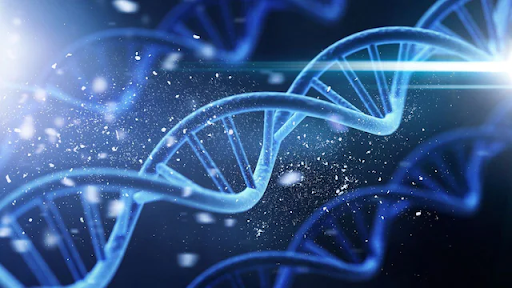



AMT-130 gene therapy reduces Huntington’s disease progression by 75% over three years via a single injection silencing the mutant gene. This breakthrough redefines treatment, inspiring hope while raising cost-accessibility challenges under India’s Rare Disease Policy.

Copyright infringement not intended
Picture Courtesy: CNBCTV18
Researchers at University College London (UCL) demonstrated that gene therapy (AMT-130) can slow the progression of Huntington’s disease by nearly 75% over three years. This is the first therapy proven to alter the course of the disease, not just relieve its symptoms.
Type: Rare genetic neurodegenerative disorder.
Cause: Mutation in the Huntingtin (HTT) gene, leading to production of an abnormal huntingtin protein.
Pathology
Symptoms
Inheritance: Autosomal dominant (50% chance of inheritance if one parent has the mutation).
Outcome: Severe disability and premature death (usually within 15–20 years of onset).
Earlier approaches: Only symptom management using:
Limitation: Could not stop or slow disease progression.
Source: CNBCTV18
|
PRACTICE QUESTION Q. Huntington’s disease is caused by a mutation in which gene? a) APP gene b) HTT gene c) SOD1 gene d) CFTR gene Answer: B Explanation: Huntington’s disease is caused by a mutation in the HTT gene. |
It is a rare, fatal genetic brain disorder caused by a mutation in the HTT gene, leading to the production of a toxic protein that destroys brain cells.
It is an autosomal dominant disorder, meaning a child has a 50% chance of inheriting the mutated gene if one parent is affected.
AMT-130 is a gene therapy that uses a viral vector to deliver a payload that 'silences' the mutant HTT gene, reducing the toxic protein production.






© 2026 iasgyan. All right reserved